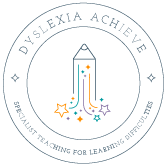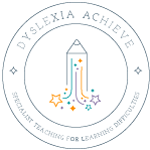Dyslexia is a learning difficulty that primarily affects the skills involved in accurate and fluent word reading and spelling.
A good indication of the severity and persistence of dyslexia difficulties can be gained by examining how the individual responds or has responded to well-founded intervention.

